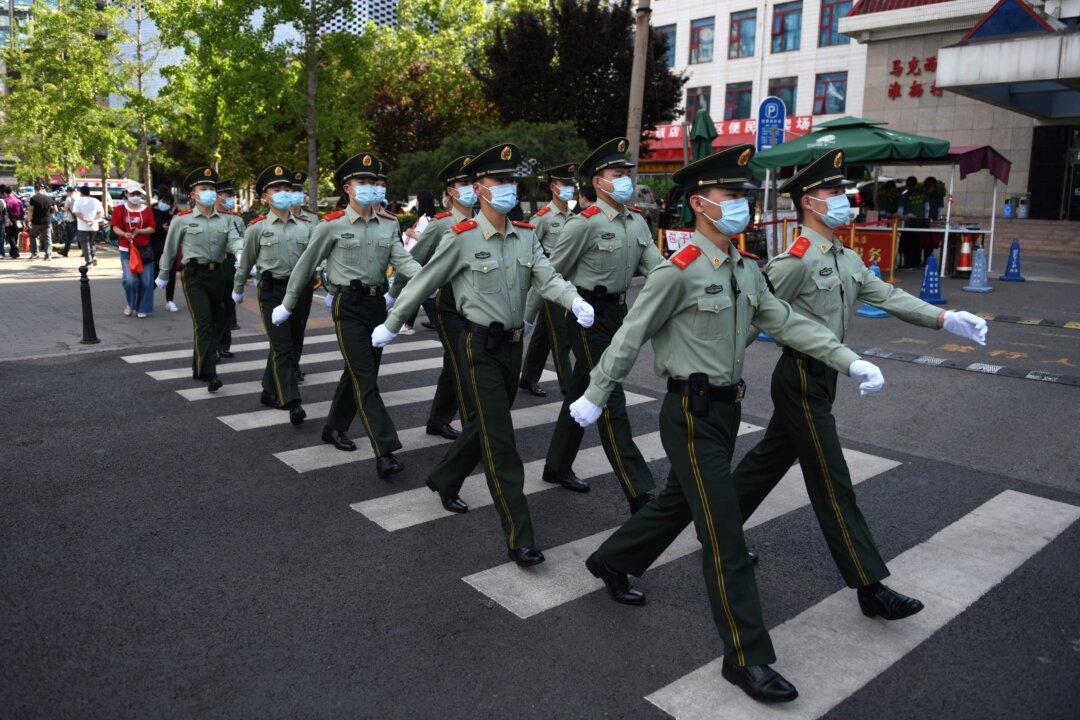News Analysis
The Chinese Communist Party (CCP) leadership’s insistence on reverting to a discredited past era and disregarding the public’s need has led to domestic opposition, rendering the top echelon an “isolated political clique,” critics said.

The Chinese Communist Party (CCP) leadership’s insistence on reverting to a discredited past era and disregarding the public’s need has led to domestic opposition, rendering the top echelon an “isolated political clique,” critics said.